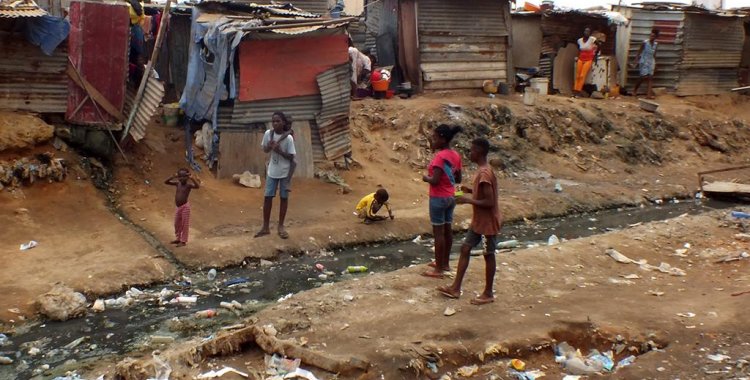The study prepared and presented this Tuesday, in Luanda, by the Association for Rural Development and Environment (ADRA), analyzed the implementation of the Local Development and Combating Poverty Program (Pidlcp) in the municipalities of Cacuso, Malanje province, Bailundo, Huambo province, and Ganda, Benguela province.
The survey, to which the Lusa agency had access, concludes that "the problem of extreme poverty is even stronger" than one might imagine, "since it goes beyond the statistical reality often presented by the INE [National Statistics Institute]".
"Angolans, in particular those who live in more remote areas, feel poverty and feel it to an asphyxiating proportion", refers in the study.
According to the document, respondents consider the intensity of poverty worrying.
"More than half say that Pidlcp did not impact their lives and did not solve the most urgent situation in the communities, which are hunger, health, energy, water, mobility and education", the study says.
The survey concludes that the Pidlcp "was ineffective in promoting education and also in improving the quality of health services", recommending an increase in the budget for school meals and regular distribution to resolve the problem of school dropout.
Regarding health, the recommendation is to build a medium-sized hospital in each commune, with access to an ambulance and logistics that meet the needs of citizens.
Regarding hunger and the levels of chronic malnutrition recorded, due to the depression of agricultural activity, with the effects of the rural exodus of families in search of other arable areas, the respondents want the Government to invest in agriculture and help them to cultivate.
Speaking to the press, on the sidelines of the presentation of the study, the director of ADRA's Projects and Development Unit, the organization that carried out the study within the scope of the implementation of its 2018-2022 strategic plan, for monitoring public accounts, said that the research its main objective was to analyze "to what extent this program is contributing to the eradication of poverty in rural areas".
"What we found is the following: the program still has enormous challenges. Most of the 187 surveyed communities say that the program did not solve the concrete problems that mostly contribute to the quality of life", highlighted Abílio Sanjaia.
According to the ADRA representative, the communities presented the improvement of basic services as their main concerns, and it was found that the program "contributed very little to meeting the needs they put forward".
The official also highlighted the need to ensure the involvement of communities in all stages of action planning, however, "what was found is that it is still a challenge".
Abílio Sanjaia stressed that a government directive, with the technical support of the United Nations Development Program (UNDP), obliges municipal administrations to consult the communities for budget preparation, an action that also has the support of civil society organizations.
"ADRA was one of them, we started this process, we methodologically helped to collect the main priorities in each commune, in the preparation of the budget, we think that this is the way, because the municipalities receive 25 million kwanzas monthly, which annually totals the 300 million kwanzas. The needs are limitless, but the resources are limited, so it is important that this money that is made available responds, meets the main priorities of the communities", he stressed.







